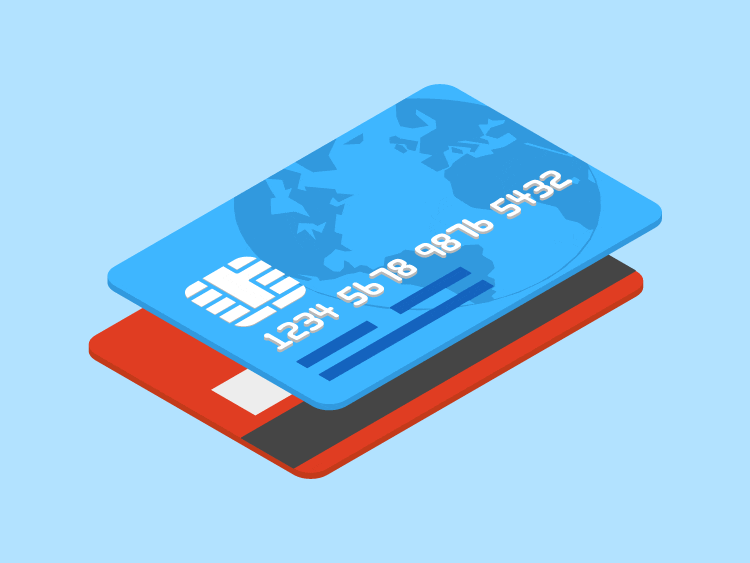
Credit cards can be both a blessing and a curse. When properly managed, credit cards are an excellent source of free cash and can be used to tide you over during the leaner months.
However, when left unchecked, credit cards can become a financial nightmare. From extortionate interest rates to the predatory schemes employed by banks, one would do well to stay away from credit card debt.
Rather unfortunately, even the best of us can sometimes fail to properly manage our spending. All too often, it’s sometimes easier to just make swipe that piece of plastic for a certain purchase.
After all, you’ll be able to worry about it at the end of the month, right? Wrong.
From a recent survey conducted, it was determined that nearly 1 in 2 Americans were trapped in a never-ending cycle of credit card debt. Oftentimes, credit card debt is carried over month after month with many struggling to make payments.
Further compounding this issue (pun intended) is the very real fact that interest rates are set to increase in the near future. As a result, banks are able to profit from regular interest payments while leaving debtors in a cycle of debt.
But, don’t give up hope just yet. There’s still hope for the future. With the help of your guide, some financial savvy and plenty of discipline, you’ll be able to pay off your credit card debt in no time. And you still can use money to buy things you love, either clothes, food or college football betting. Just don’t spend more than what you have and follow the tips we give you.
Here’s our 3 foolproof ways for you to quickly and effectively pay off credit card debt.
1. Pay more than the minimum amount
Paying more than the minimum amount is easily one of the simplest yet most effective ways of clearing your credit card debt. As we’ve mentioned previously, banks utilize a variety of devious strategies to trap you in debt.
These range from allowing you to pay a minimum amount each month to charging you absolutely ridiculous interest rates.
Oftentimes, paying just the minimum amount means that you’re merely paying off interest and service fees while leaving the principal amount owed undiminished. Carried over from month-to-month it becomes increasingly difficult to pay off the amount owed.
Hence by paying more than the minimum amount, you’ll be able to start clearing off your debt. You can opt for making two payments a month or setting aside a fixed amount every time you get paid. Before long, you’ll realize that you’ve successfully paid off your credit card debt.
2. Pay for everything in cash
As the adage goes, cash is king. Instead of living on credit, consider making the switch to paying for everything in cash.
Studies have shown that consumers are much more likely to be financially prudent when making payments in cash. One of the reasons why is that cash payments are much more tangible as we are made aware of our declining bank balance.
Meanwhile, making payments on credit encourages us to think that we’ll be able to settle the payment at the end of the month. As a result, many of us tend to be less thrifty when swiping our credit cards.
To cut down on your credit card expenses, adopt the mindset of “if you have to charge it, you can’t afford it”. Over time, you’ll be able to instill the habit of using cash exclusively while leaving your credit card in the wallet.
3. Consolidate your debt
Sometimes the idea of excessive debt can be overwhelming. You find yourself having to make multiple payments each month while struggling to keep check of everything. At the end of the day, you wonder where your pay cheque has ended up.
Don’t let debt overwhelm you. Take a step back and consolidate your debt.
Essentially, debt consolidation is the action of taking a new loan to pay off all existing liabilities and debts. You can choose to take out a small personal loan or use a new credit card when consolidating debt.
As we’ve discussed before, there are pros and cons to each approach. Personal loans can be used to pay off high-interest credit cards or as a means to finance a new purchase.
If you have an excellent credit history, you can consider using a new credit card. Some credit card providers offer a zero-interest balance transfer scheme which gives you some breathing space to pay off your debt.
